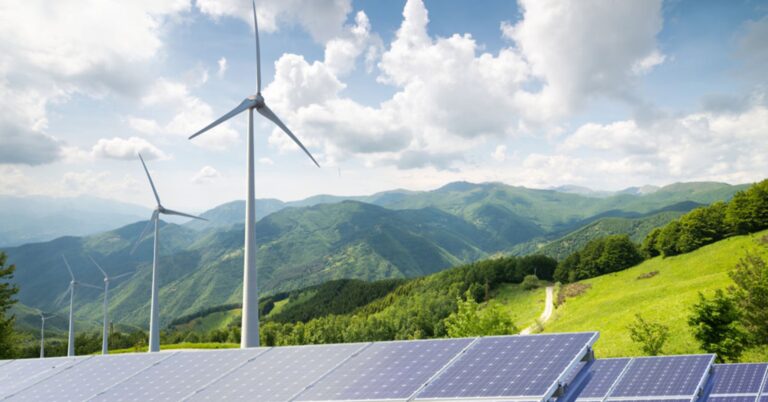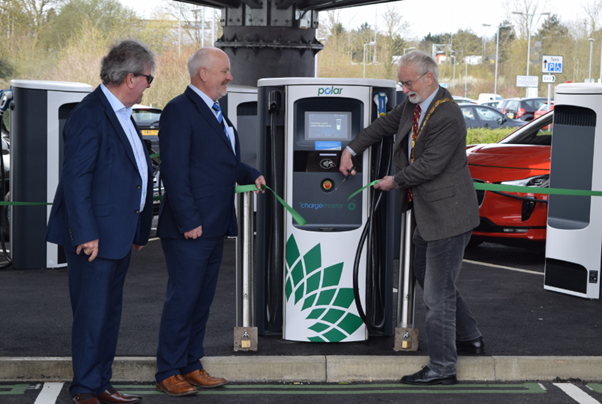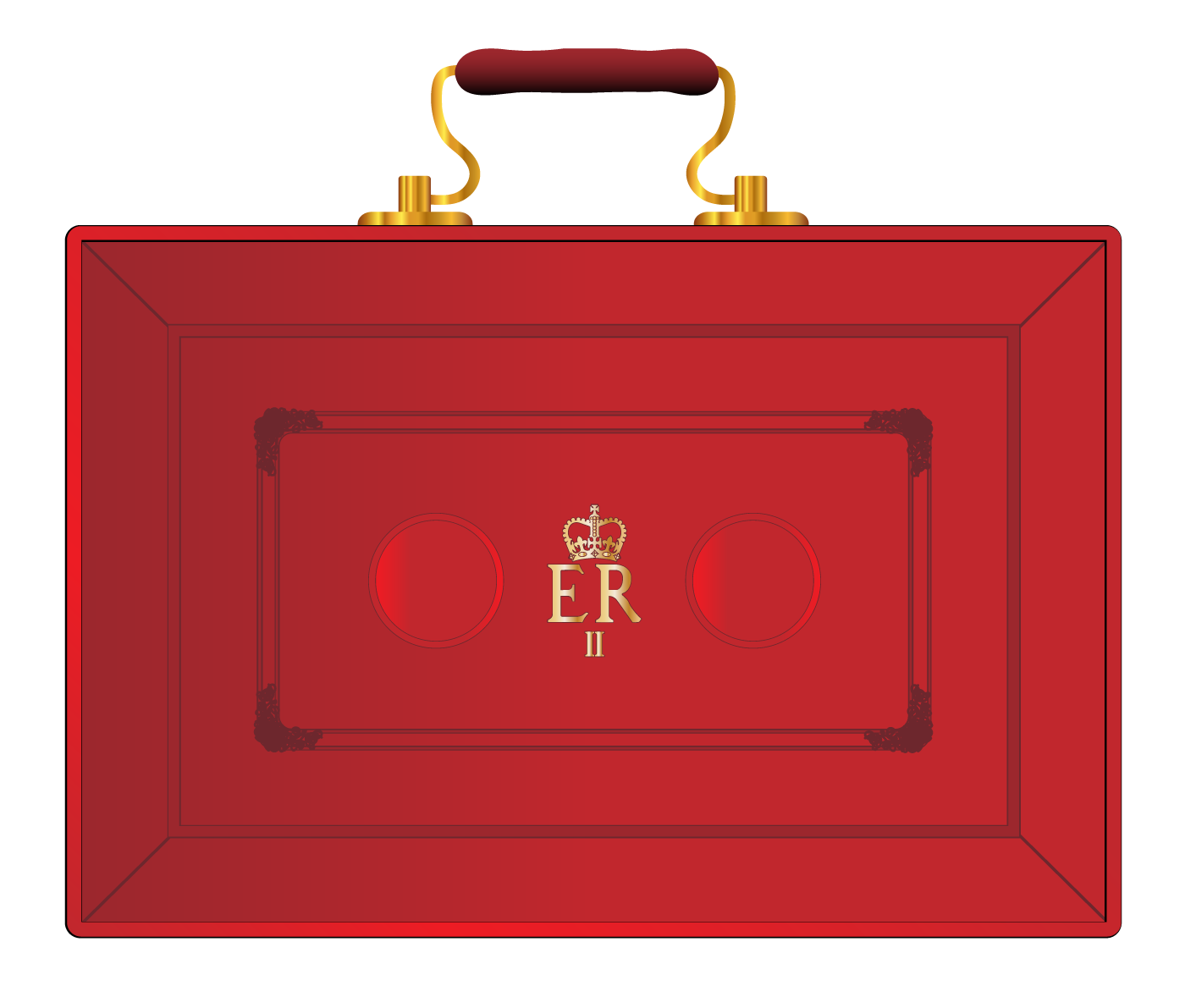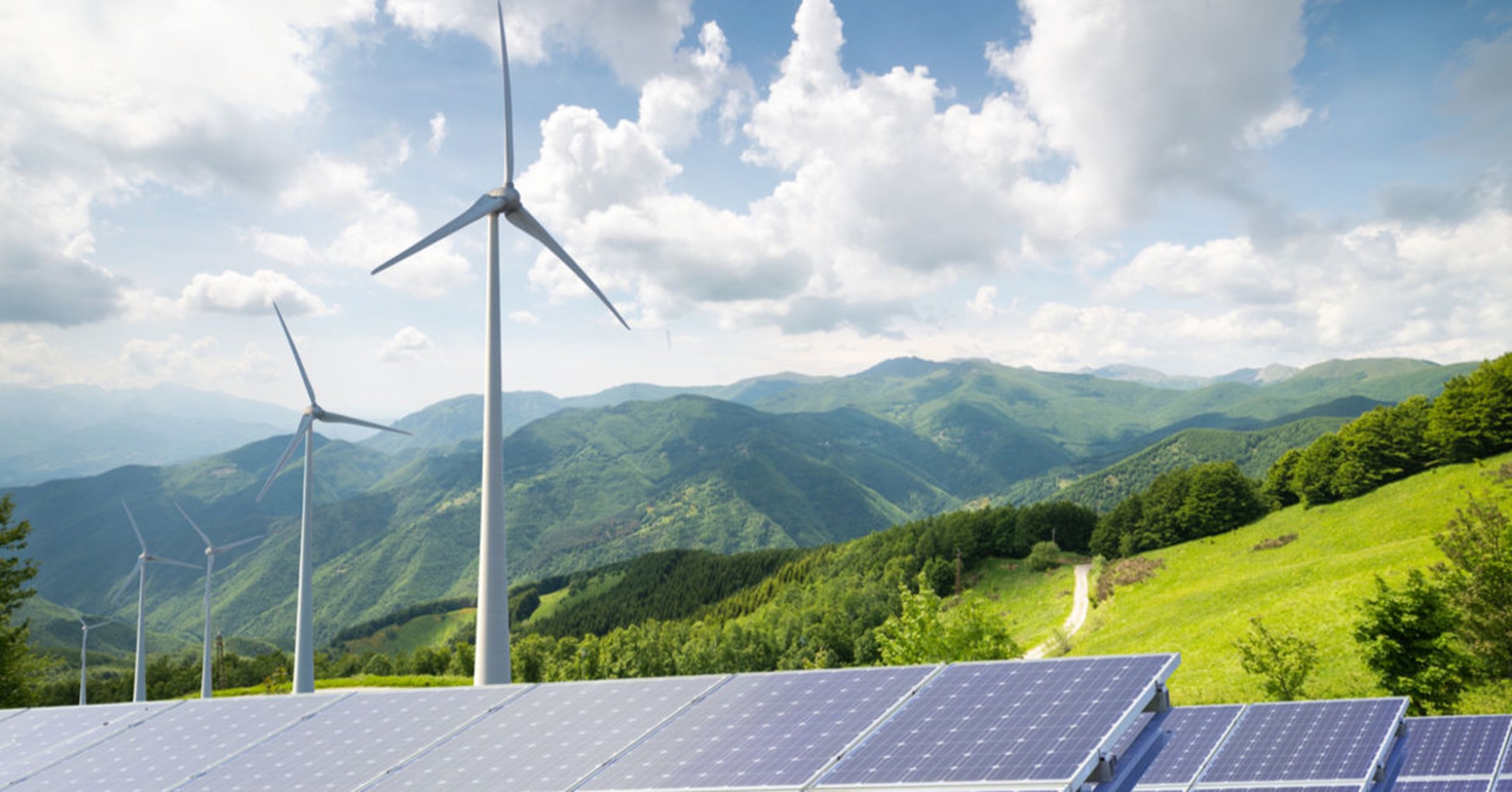At Milton Keynes Community Energy (MKCE), we see promise in the autumn budget‘s commitment to make the UK a “clean energy superpower,” while also noting the need for more ambitious, long-term policies that empower local communities to lead the clean energy transition. Here’s our review of it…
Key Announcements for the Energy Sector
Great British Energy (GBE) and National Wealth Fund Investment
The budget underscores the government’s intent to transform the UK’s energy landscape with the establishment of Great British Energy, allocating £125 million to the setup of GBE’s headquarters in Aberdeen in 2025-26 and earmarking £100 million specifically for clean energy project development. Interestingly, these investments will be managed by the newly established National Wealth Fund, previously known as the UK Infrastructure Bank, until GBE becomes operational.

While this step signifies progress towards clean energy, like others demanding an accelerated transition to a net zero energy future, we believe that for the UK to achieve true energy resilience and local empowerment, a portion of this funding should support community-led renewable projects.
Community energy initiatives like those driven by MKCE can significantly contribute to local economic growth, energy security, and regional carbon reduction. The government’s commitment to achieving “Clean Power 2030” offers an encouraging foundation, and MKCE looks forward to the promised “Clean Power 2030 Action Plan” for more specifics on how local communities will benefit.
Home Energy Efficiency and the Warm Homes Plan
In line with the government’s aim to make homes warmer and more energy-efficient, the budget commits an initial £3.4 billion toward heat decarbonisation and energy efficiency over the next three years, including £1 billion specifically earmarked for 2025-26. This funding will help address fuel poverty and lower energy bills for low-income households by improving insulation and supporting low-carbon technologies through initiatives like the Boiler Upgrade Scheme.
However, with further announcements for the Warm Homes Plan deferred to the next spending review, we hope to see more urgent support for community groups and local organisations to deliver these efficiency improvements at a grassroots level. After all, we feel it is important to recognise that community energy groups play a critical role in connecting residents with energy-saving resources, supporting clean heat solutions, and enabling broader outreach; just as we do with our own Home Energy MK programme in providing impartial guidance to help local households make more informed, sustainable energy choices.
Comments from a spokesperson at the End Fuel Poverty Coalition illustrate the importance of this kind of investment as they remind us:
“The only way to bring down (energy) bills permanently is through investment in insulation, home improvements, renewables and infrastructure which will free us from volatile gas prices forever.”
Support for Electric Vehicles and Active Travel
In support of the transition to electric vehicles (EVs), the budget includes a £200 million investment in 2025-26 for EV charging infrastructure, emphasising support for local authorities to install more on-street charging points across the UK. An additional £100 million investment in active travel infrastructure to improve cycling paths and pavements reinforces the government’s push toward a sustainable, low-carbon transport system.
Following the budget announcement, we’re delighted to hear about Milton Keynes City Council’s plans to upgrade the public charging infrastructure to accommodate the city’s growing EV take up.

For communities like ours working towards sustainability goals, we feel it’s crucial that this EV infrastructure expansion is paired with increased support for renewable energy and battery storage. After all, these local renewable energy sources and storage solutions are going to be essential to ensuring that the growing demand from EVs can be met sustainably without overloading the grid.
Advancing Carbon Capture, Hydrogen, and Nuclear
The budget solidified the government’s support for innovative technologies in carbon capture, utilisation, and storage (CCUS) and hydrogen production, committing £3.9 billion in 2025-26 to Track-1 CCUS projects. Additionally, funding for 11 commercial-stage green hydrogen projects and a commitment of £2.7 billion toward the Sizewell C nuclear project signal a comprehensive approach to low-carbon technology.
While these large-scale projects are promising for long-term emissions reductions, we believe that local, community-scale energy initiatives should also receive substantial investment. On balance, community energy projects offer immediate, scalable solutions that directly benefit residents and reduce dependence on large, centralised energy projects.
Increased Windfall Tax and Sector-Specific Planning Investments
In an effort to fund the clean energy transition, the government has raised the Energy Profits Levy on oil and gas from 35% to 38% while retaining a 66% decarbonisation allowance rate to support lower-emission projects. The additional revenue from this levy is intended to help fund the UK’s renewable energy initiatives, and a consultation is planned in early 2025 to explore how these funds can be used further.
Moreover, the government has announced an additional £46 million to upskill and expand local planning authority capacity by recruiting and training 300 graduates and apprentices. This investment aims to accelerate approvals for clean energy and infrastructure projects that may be delayed due to capacity constraints in local planning.
What Milton Keynes Community Energy Would Like to See Next
While the budget contains encouraging steps, we would like to see the government prioritise longer-term, community-focused measures in future spending reviews. Specific areas for improvement include:
1
Increased Support for Community Energy Projects:
We’d like to see more funding and resources to empower local energy initiatives, which are crucial for enabling us to deliver local, low-cost energy and boost regional resilience.
2
Broadened Clean Heat Incentives:
To reduce household emissions that come from heating, we’d like to see stronger incentives for adopting low-carbon heating technologies, like heat pumps, to make them more accessible and appealing to households.

Whilst MCS announced that 2024 has been the best year on record for certified heat pump installations in the UK with over 42,000 installed as of early October, there’s still a lot to do to reach the government target of 600,000 installations a year by 2028.
To help with consumer confidence in heat pumps as an effective low-carbon heating solution for homes in Milton Keynes, local homeowners are encouraged to come along to our Heat Pump Surgery at the Old Bath House in Wolverton on 23 November. Our experts will have answers to all your heat pump and home retrofit questions. See our website for more information and to book a 1-to-1 appointment.
3
Clarity on the Warm Homes Plan:
Initial funding is welcome of course but we would like to see the government provide more details on how the Warm Homes Plan will be delivered so that local organisations and councils can plan effectively and make the most of the available resources.
The steps outlined in the budget are promising, yet we believe that the true potential for a clean energy future lies in a more localised, community-focused approach that allows cities like MK to lead the way. We look forward to hearing future government announcements that prioritise community-driven energy initiatives and that recognise how essential they are to the UK’s path to net-zero.






